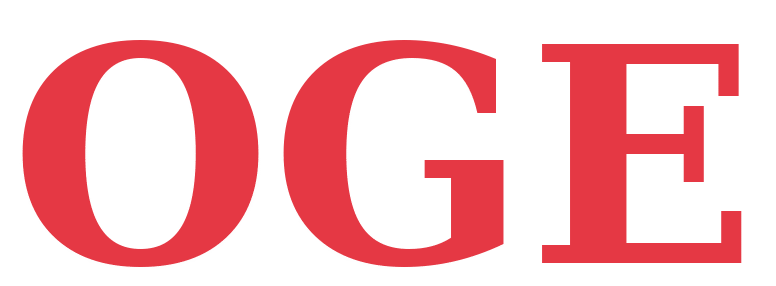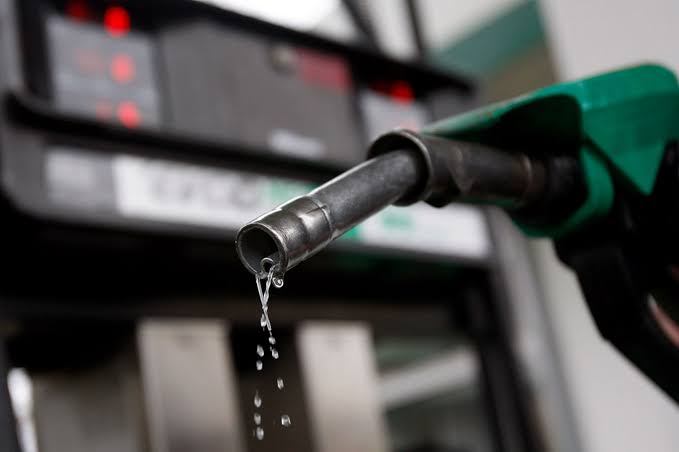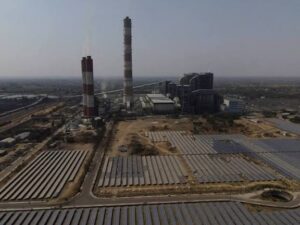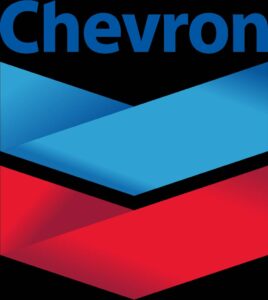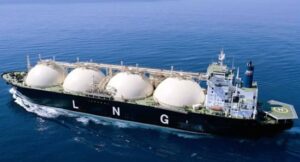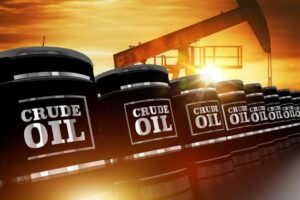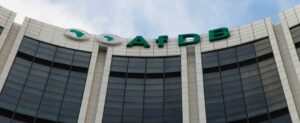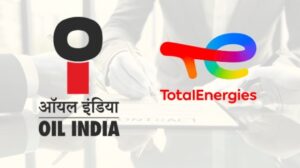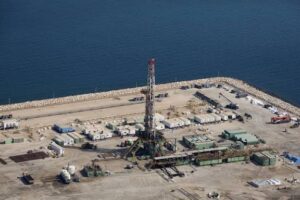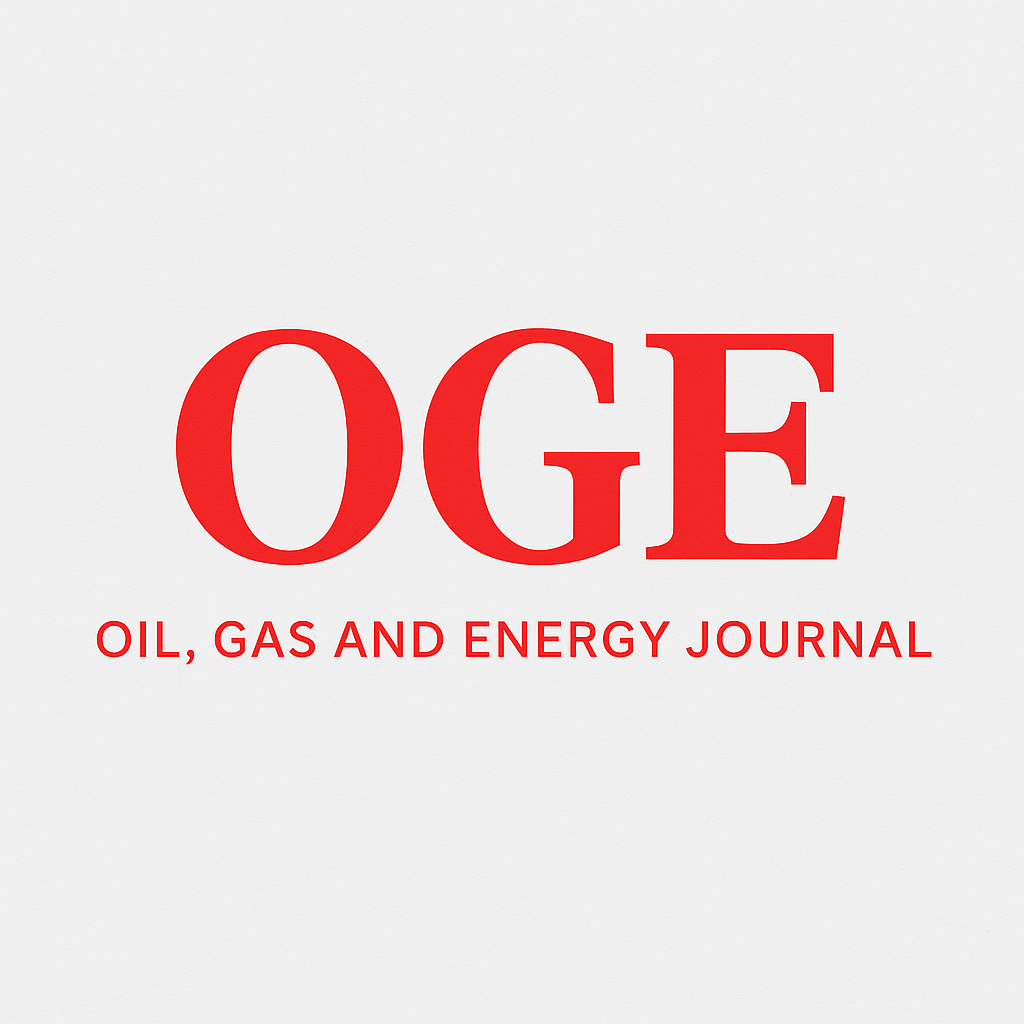The Federal Government has announced that the planned 15 per cent import duty on petrol and diesel will now be postponed until the first quarter of 2026. The decision, approved by President Bola Tinubu, comes after careful consultations with industry stakeholders and a review of Nigeria’s domestic refining capacity.
The deferment was recommended by the Executive Chairman of the Federal Inland Revenue Service, Dr. Zacch Adedeji, in a formal request submitted earlier this month. According to the letter, the delay is intended to ensure local refineries are fully operational, technical and regulatory frameworks are aligned, and potential disruptions to fuel supply are minimised.
Originally approved in October 2025, the import levy was designed to boost domestic refining, stabilise downstream fuel prices, and level the playing field between locally produced and imported fuels. However, the Nigerian Midstream and Downstream Petroleum Regulatory Authority (NMDPRA) had earlier announced the suspension of the policy, confirming that the tariff would not take immediate effect.
In his approval, President Tinubu directed that the policy be deferred for further review in early 2026. The government emphasized that the postponement allows agencies to monitor domestic refining performance and align the duty with actual production data and market trends.
Industry leaders welcomed the decision. Billy Gillis-Harry, President of the Petroleum Products Retail Outlets Owners Association of Nigeria, described it as a “timely intervention” that protects consumers from potential price spikes. Chinedu Ukadike, National Publicity Secretary of the Independent Petroleum Marketers Association of Nigeria, also praised the move, noting that it shields citizens from inflationary pressures while supporting fair competition.
Energy analysts said the deferral provides emerging local refineries, including the Dangote Refinery, additional time to stabilise output before fiscal measures are introduced. A CEO in the sector noted that the initial 15 per cent tariff could have discouraged imports at a time when domestic supply remains insufficient, potentially driving up pump prices.
The NMDPRA confirmed that Nigeria currently has a robust supply of petrol, diesel, and cooking gas, sourced both locally and through imports, and warned the public against hoarding or panic buying. The regulator reassured consumers that fuel distribution will continue smoothly and that regulatory oversight will prevent market disruptions.
The government’s move reflects an effort to balance consumer protection with the promotion of local refining as Nigeria works toward greater energy self-sufficiency.
